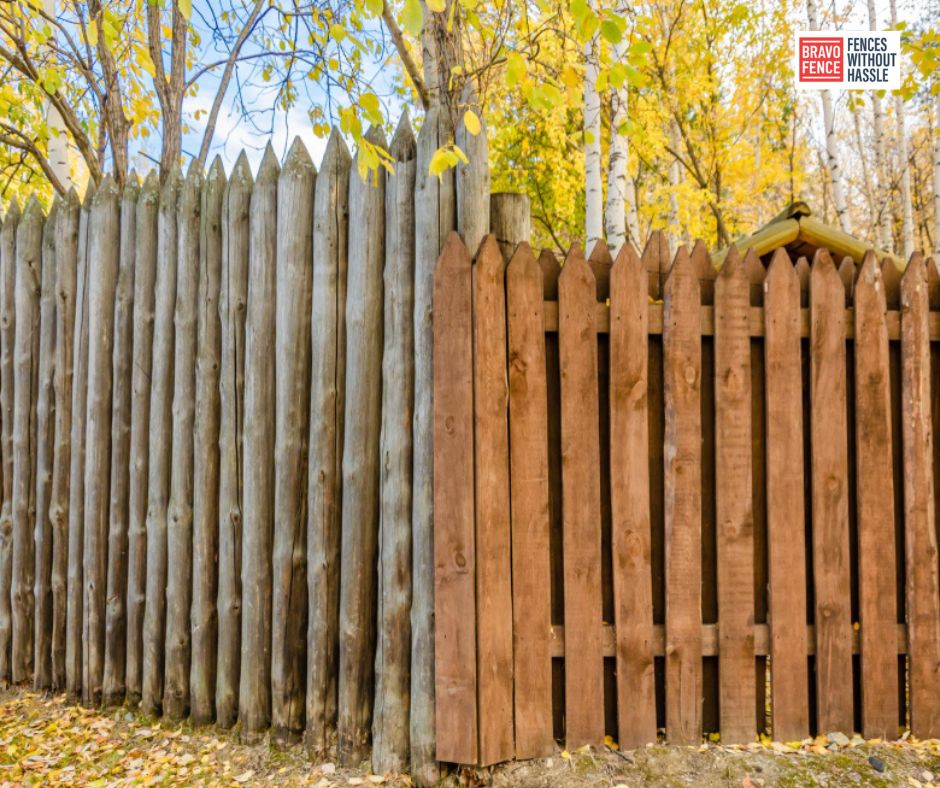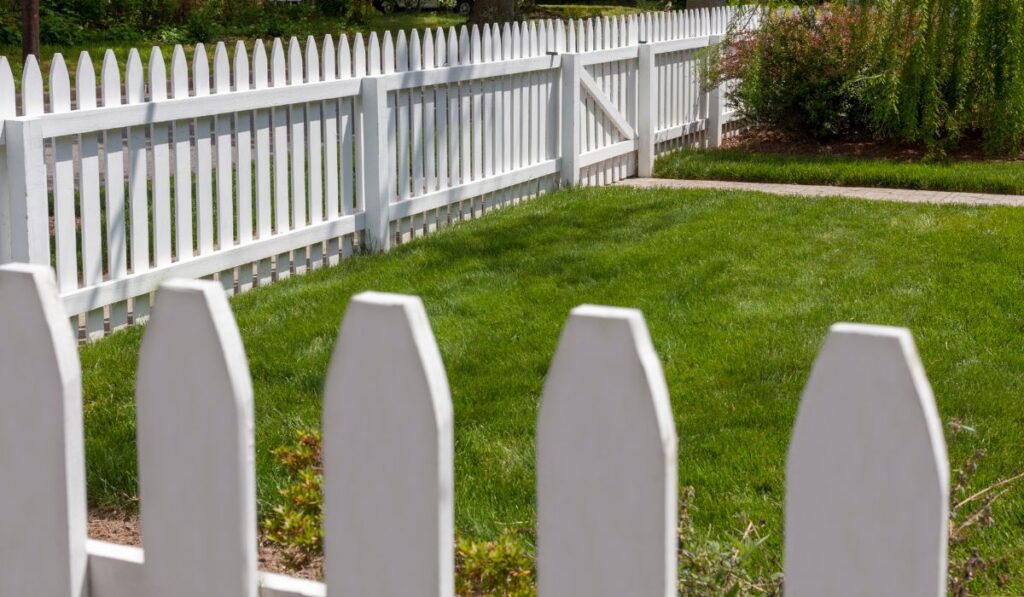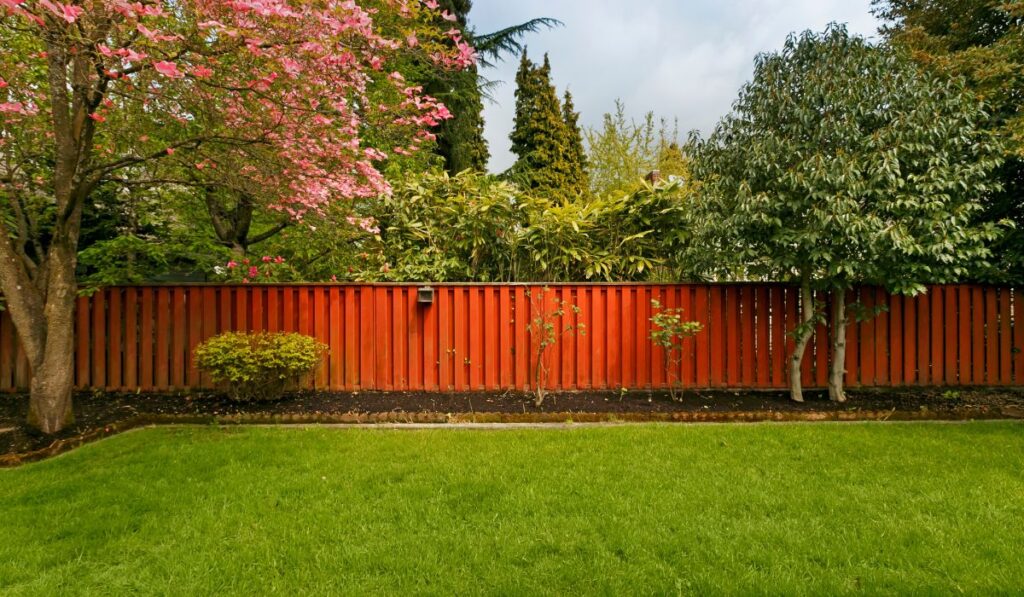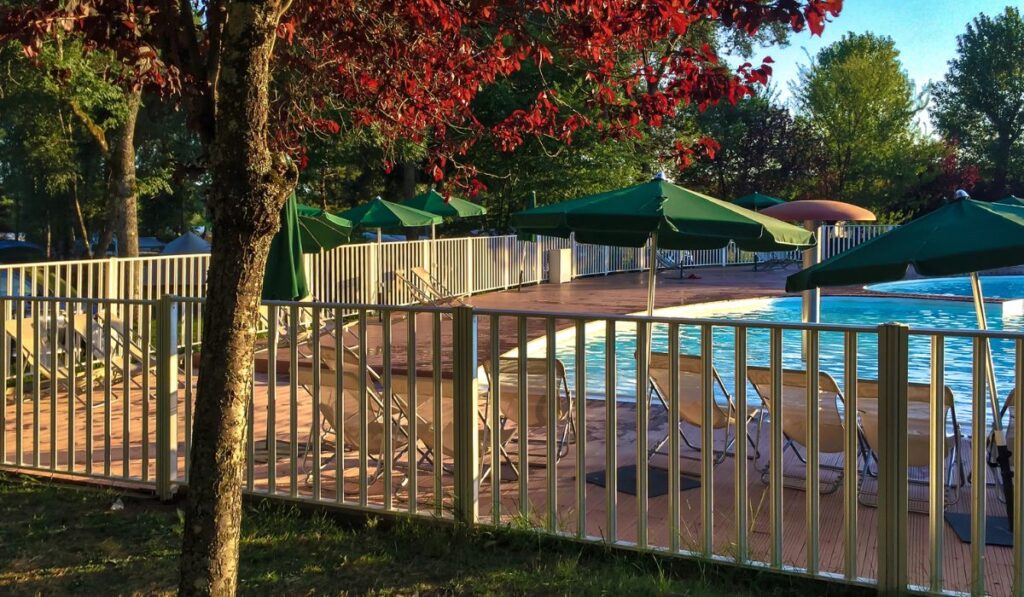Wood fencing adds a touch of timeless charm and natural beauty to any property.
However, selecting the correct type of wood for your fence is crucial for ensuring longevity, aesthetic appeal, and cost-effectiveness.
In this comprehensive guide, we’ll delve into the various factors to consider when choosing the best wood for fencing, explore different wood types available, discuss environmental considerations, provide maintenance tips, and offer practical advice for installation.
Let’s embark on this journey to find the perfect wood for your fencing needs.
Introduction to Wood Fencing
Wood fencing has been a popular choice for centuries, prized for its versatility, natural beauty, and ability to complement various architectural styles.
Wood fences offer a timeless solution for enhancing privacy, defining boundaries, or adding visual appeal to your property.
However, not all wood is created equal, and selecting the correct type of wood is paramount to the success of your fencing project.
Factors to Consider
When choosing the best wood for fencing, several factors come into play, including durability, cost, and maintenance requirements.
Durability: The durability of wood varies depending on the species.
Some woods, such as cedar and redwood, are naturally resistant to rot, decay, and insect infestation, making them ideal choices for outdoor applications. Others, like pine and spruce, may require more frequent maintenance to prolong their lifespan.
Cost: The cost of wood fencing can vary significantly depending on the type of wood chosen.
While cedar and redwood tend to be more expensive upfront, their longevity and low maintenance requirements may result in cost savings over time.
Pine and spruce, on the other hand, are more budget-friendly options but may require more frequent repairs and replacements.
Maintenance Requirements: Proper maintenance is essential for preserving the beauty and structural integrity of a wood fence.
Factors such as climate, exposure to sunlight, and proximity to moisture can impact maintenance requirements.
Understanding the maintenance needs of different wood types is crucial for ensuring the longevity of your fence.
Types of Wood for Fencing
Several types of wood are commonly used for fencing, each with its unique characteristics, advantages, and disadvantages.

Cedar:
Characteristics: Cedar is prized for its natural beauty, durability, and resistance to rot and insect damage.
It has a distinctive reddish-brown hue and a pleasant aroma.
- Pros: Excellent durability, natural resistance to decay, insect-repellent properties, minimal maintenance required.
- Cons: Higher upfront costs may develop cracks and splits over time if not properly maintained.
Redwood:
Characteristics: Redwood is known for its rich, reddish-brown color and straight grain patterns.
It is naturally resistant to rot, decay, and insect infestation.
- Pros: Exceptional durability, natural beauty, resistance to decay and insects, minimal maintenance required.
- Cons: Higher cost compared to other wood types, limited availability in certain regions.
Pine:
Characteristics: Pine is a popular choice for fencing due to its affordability and availability.
It has a light yellow color with prominent grain patterns.
- Pros: Cost-effective, readily available, easy to work with, can be stained or painted to enhance durability.
- Cons: Less durable than cedar or redwood, prone to warping, splitting, and decay if not properly maintained.
Spruce:
Characteristics: Spruce is a lightweight wood with a pale yellow color and straight grain patterns.
It is commonly used for temporary or decorative fencing.
- Pros: Affordable, lightweight, easy to work with, suitable for temporary fencing applications.
- Cons: Less durable than cedar or redwood, prone to decay and insect infestation if not treated.
Cypress:
Characteristics: Cypress is a durable, rot-resistant wood with a light yellow to reddish-brown color.
It is commonly used in humid climates.
- Pros: Excellent durability, natural resistance to decay and insects, minimal maintenance required.
- Cons: Limited availability in certain regions, higher cost compared to other wood types.
Environmental Impact
In addition to considering durability and cost, it’s essential to evaluate the environmental impact of different wood choices.
Sustainable forestry practices, responsible harvesting methods, and the use of certified wood products can help minimize the environmental footprint of wood fencing.
Look for wood that is certified by organizations such as the Forest Stewardship Council (FSC) or the Sustainable Forestry Initiative (SFI) to ensure that your fence is sourced from responsibly managed forests.
Aesthetic Appeal
Beyond durability and environmental considerations, aesthetic appeal plays a significant role in choosing the best wood for fencing.
Each type of wood offers its unique grain patterns, colors, and textures, allowing you to customize your fence to suit your style and preferences.
Consider whether you prefer the natural beauty of cedar or redwood, the rustic charm of pine, or the understated elegance of cypress when selecting the perfect wood for your fence.
Installation Considerations
When planning your fencing project, it’s essential to consider installation factors such as ease of installation and compatibility with different fence designs.
Some wood types may be better suited to specific installation methods or fence styles than others.
Consult with a professional fence installer to determine the best approach for your specific needs and preferences.
Maintenance Tips
Proper maintenance is critical to ensuring the longevity and beauty of your wood fence.
Regular cleaning, inspection for damage, and treatment with water-repellent sealants can help protect your fence from the elements and prolong its lifespan.
Follow manufacturer recommendations for maintenance and treatment to keep your fence looking its best for years to come.
Conclusion
In conclusion, choosing the best wood for fencing requires careful consideration of factors such as durability, cost, maintenance requirements, environmental impact, and aesthetic appeal.
By weighing these factors and selecting a wood type that aligns with your needs and preferences, you can create a beautiful, functional fence that enhances your property for years to come.
FAQs
What factors should I consider when choosing the best wood for fencing?
When selecting wood for fencing, consider factors such as durability, cost, maintenance requirements, environmental impact, and aesthetic appeal.
Which type of wood is the most durable for fencing?
Cedar and redwood are among the most durable wood options for fencing due to their natural resistance to decay and insect damage.
How long can I expect my wood fence to last?
The lifespan of a wood fence varies depending on factors such as the type of wood used, maintenance practices, and environmental conditions. With proper care, cedar and redwood fences can last over 20 years or more.
What are the maintenance requirements for wood fencing?
Proper maintenance for wood fencing includes regular cleaning, inspection for damage, and treatment with water-repellent sealants to protect against the elements.
Can I paint or stain my wood fence?
Yes, painting or staining your wood fence can enhance its durability and aesthetic appeal while providing added protection against weathering. Be sure to choose a high-quality exterior paint or stain designed for wood surfaces.
What are the advantages of cedar fencing?
Cedar fencing offers excellent durability, natural resistance to decay and insect damage, and minimal maintenance requirements. It also has a distinctive reddish-brown hue and pleasant aroma.
Is redwood fencing a sustainable choice?
Redwood is considered a sustainable choice for fencing due to its ability to regenerate quickly and the implementation of responsible harvesting practices in redwood forests.
How does pine fencing compare to cedar and redwood?
Pine fencing is a more affordable option than cedar and redwood fencing but may require more frequent maintenance to prevent warping, splitting, and decay.
What are the benefits of using cypress wood for fencing?
Cypress wood offers excellent durability, natural resistance to decay and insects, and minimal maintenance requirements, making it a popular choice for outdoor applications.
Can I install a wood fence myself, or should I hire a professional?
While it is possible to install a wood fence yourself, hiring a professional fence installer can ensure that the job is done correctly and efficiently, especially for larger or more complex projects.
How do I know if my wood fence needs repairs?
Loose or broken boards, leaning or sagging sections, and signs of rot or decay are signs that your wood fence may need repairs. Regular inspections can help identify issues early.
Can I customize the design of my wood fence?
Yes, wood fencing offers a high degree of customization. You can choose from various styles, heights, and decorative elements to create a fence that complements your property.
Can I use reclaimed wood for fencing?
Yes, reclaimed wood can be used for fencing, adding a unique and rustic aesthetic to your property. However, before installation, be sure to inspect the wood carefully for signs of damage or decay.
Are there any restrictions or regulations regarding wood fencing in my area?
Local building codes and homeowners’ association regulations may dictate specific requirements for fencing, including height restrictions, setback requirements, and materials allowed. Check with your local authorities before installing a fence.
How can I protect my wood fence from termites?
To protect your wood fence from termites, consider using pressure-treated lumber, which is infused with preservatives to deter insect damage. Additionally, regular inspections and treatment with termite repellents can help prevent infestations.






